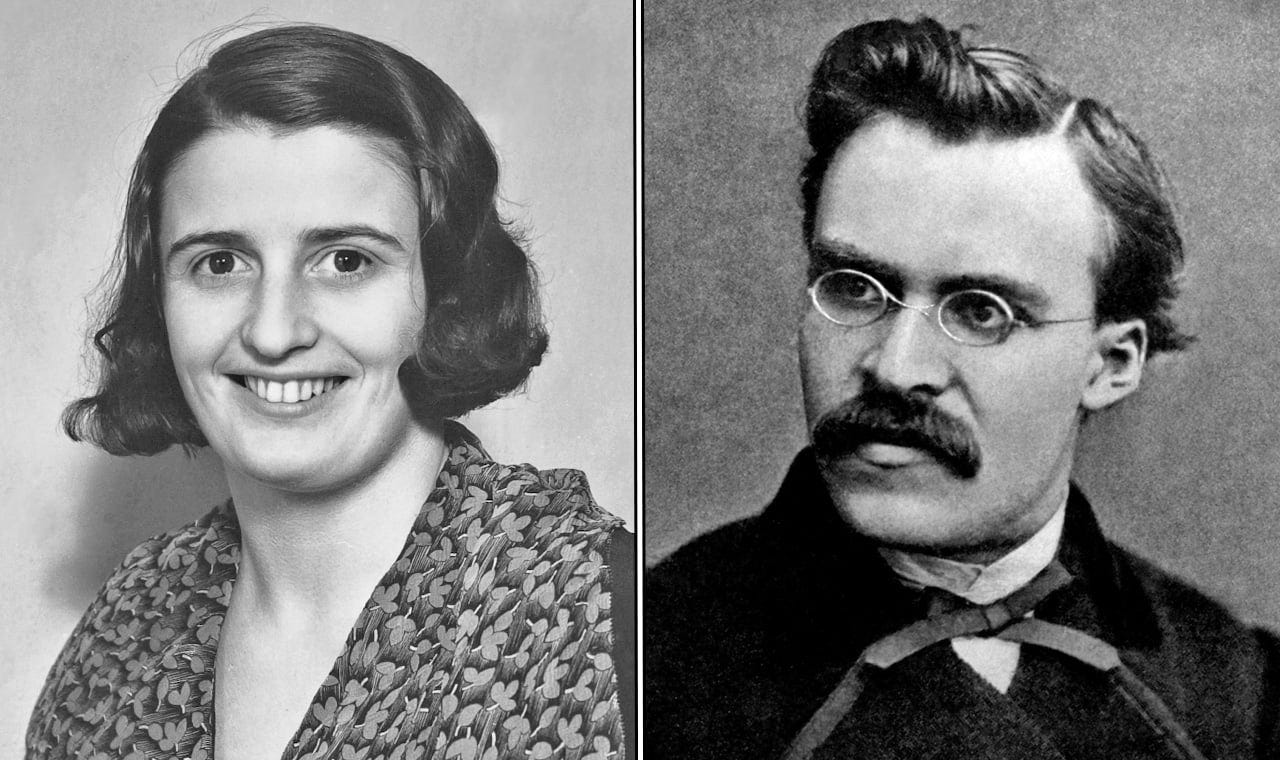Editor’s note: This article is an edited version by Michael Berliner of Dr. Ridpath’s article originally written for a 2005 project that was canceled. Because the article was written prior to the publication of A Companion to Ayn Rand, Allan Gotthelf and Greg Salmieri, eds. (New York: Wiley-Blackwell, 2016), it makes no reference to that book’s chapter …
Substack is the home for great culture



